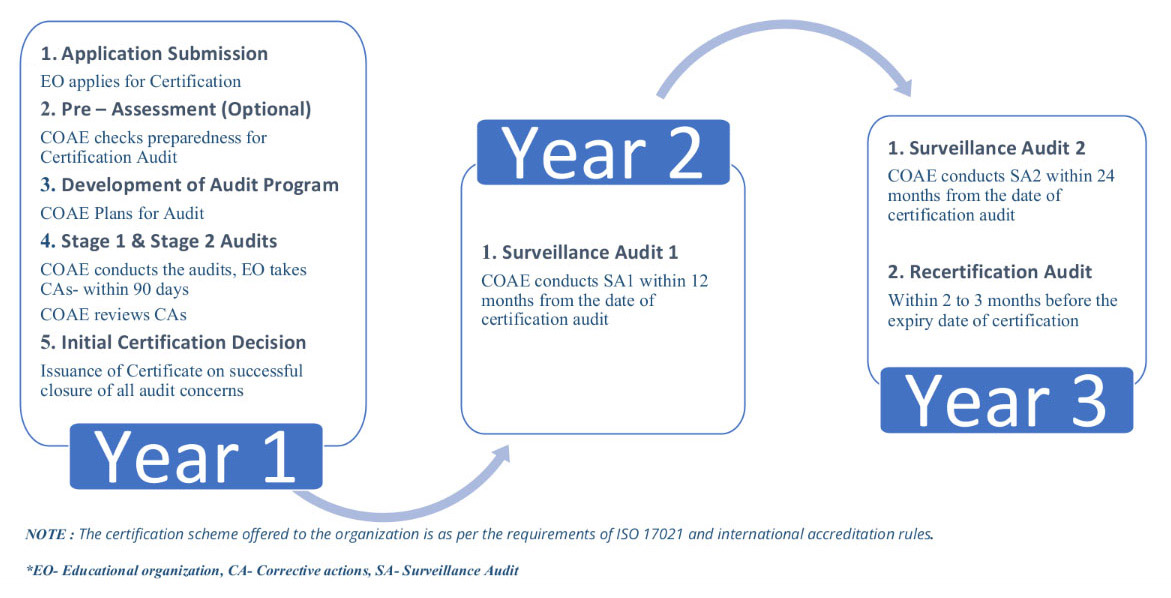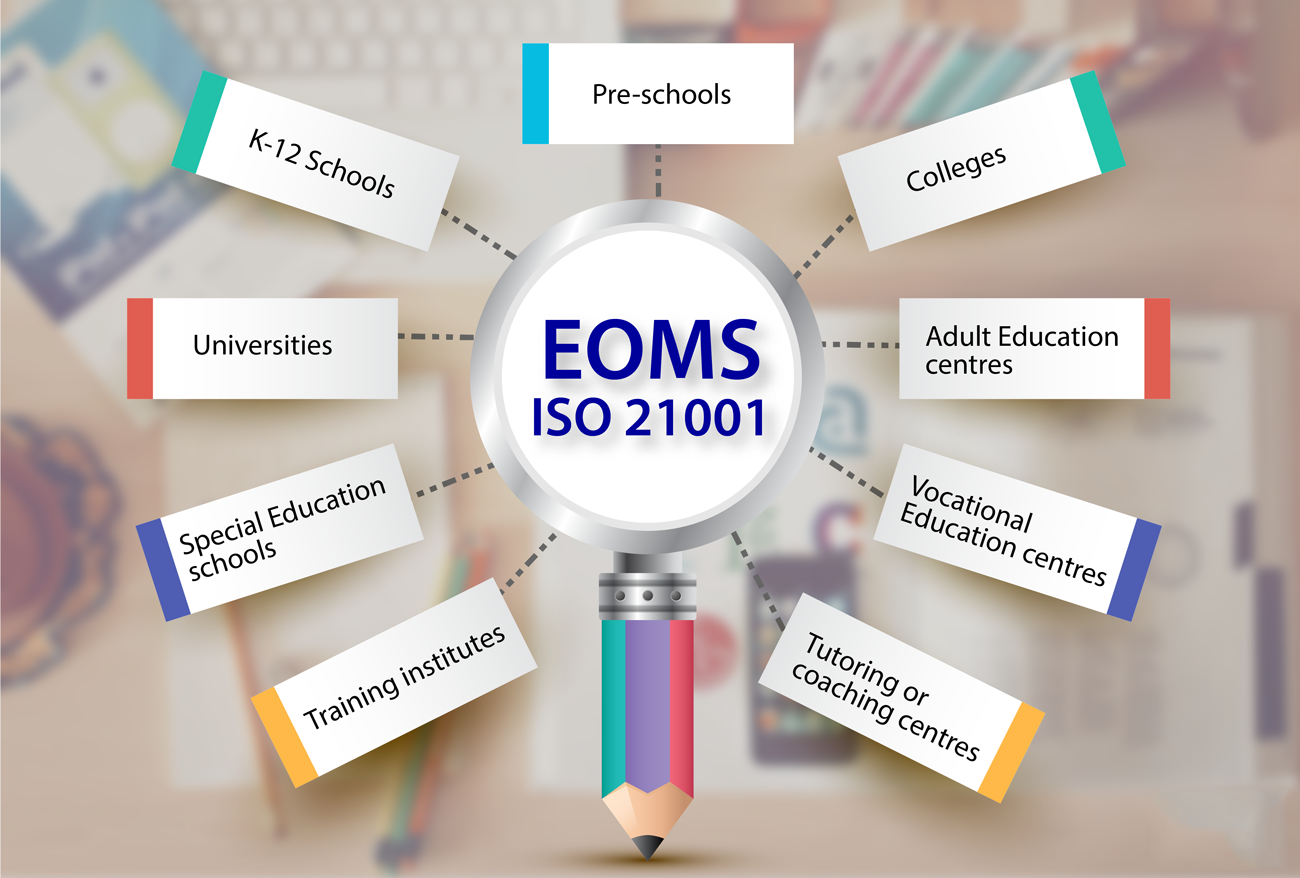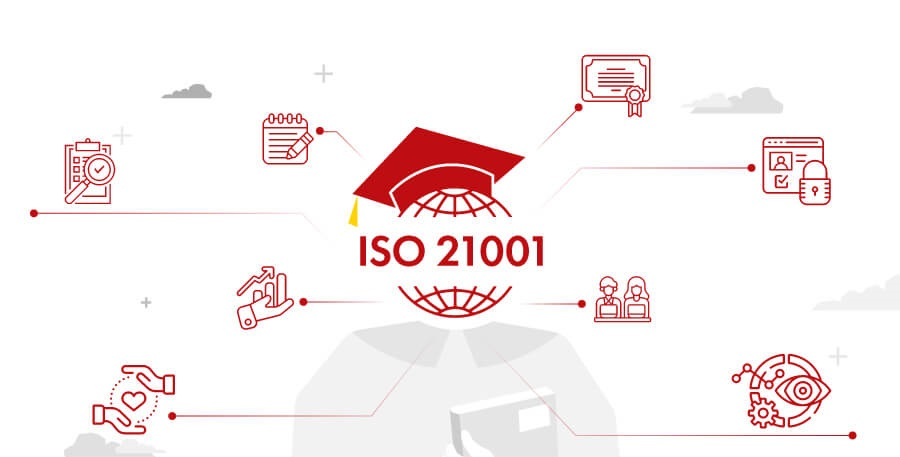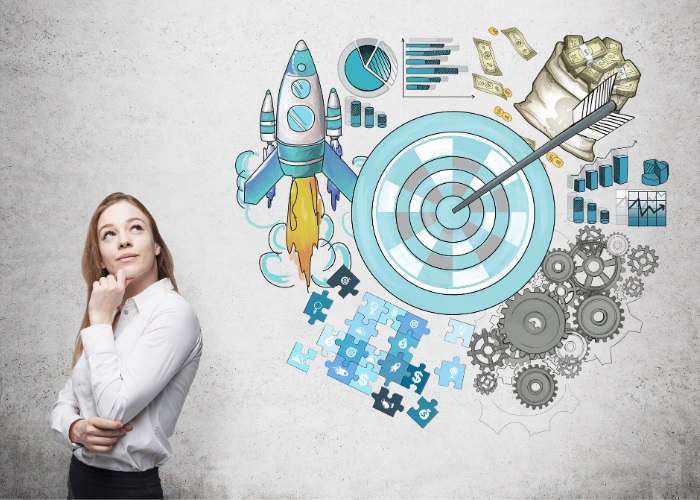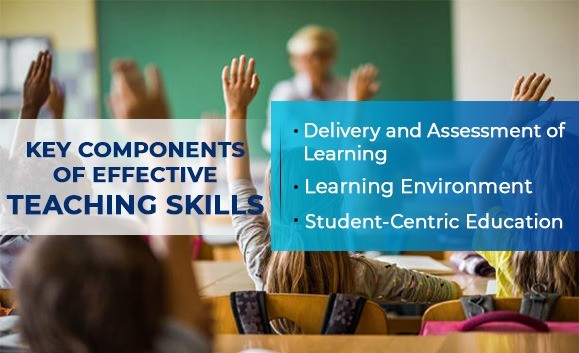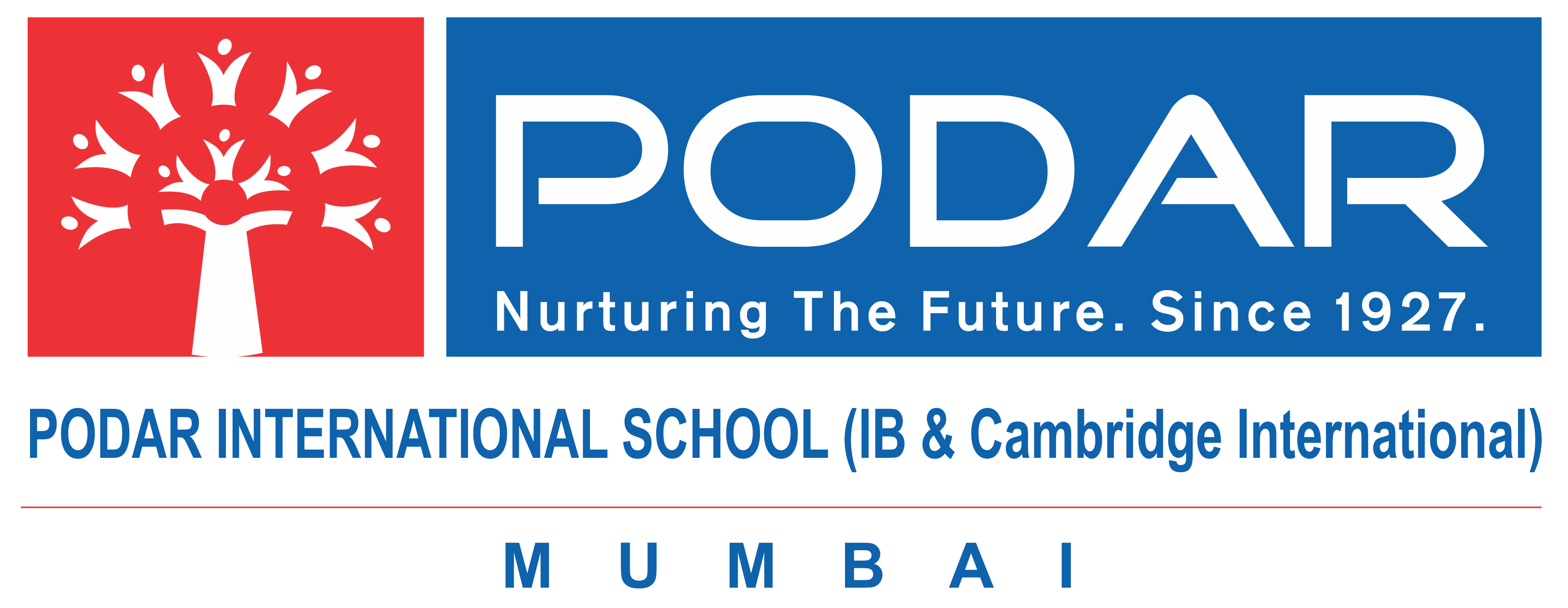Overview
 ISO 21001:2018 (EOMS) is a common management tool for all organizations providing education which is capable of meeting the needs and requirements of learners and other stakeholders. It is The first-ever international standard which has been developed by ISO (www.iso.org) with a holistic approach for the education sector. The main focus area of this standard is the overall management systems of educational organizations and their respective services and products.
ISO 21001:2018 (EOMS) is a common management tool for all organizations providing education which is capable of meeting the needs and requirements of learners and other stakeholders. It is The first-ever international standard which has been developed by ISO (www.iso.org) with a holistic approach for the education sector. The main focus area of this standard is the overall management systems of educational organizations and their respective services and products.
Benefits of an ISO 21001 certification
 The ISO 21001 establishes credibility of the management system of an educational organization, ensures better alignment of objectives and activities with policy and enables the organization to enhance its social responsibility by providing inclusive & equitable quality education for all.
The ISO 21001 establishes credibility of the management system of an educational organization, ensures better alignment of objectives and activities with policy and enables the organization to enhance its social responsibility by providing inclusive & equitable quality education for all. Consistent processes and evaluation tools based on EOMS requirements help the organizations to demonstrate and increase effectiveness and efficiency and meet their organizational objectives.
Consistent processes and evaluation tools based on EOMS requirements help the organizations to demonstrate and increase effectiveness and efficiency and meet their organizational objectives. EOMS leads to more personalized learning and effective response to all learners, in particular those with special education needs and distance learners. It widens the participation of interested parties and improves staff motivation and morale.
EOMS leads to more personalized learning and effective response to all learners, in particular those with special education needs and distance learners. It widens the participation of interested parties and improves staff motivation and morale. Risk management gets improved due to sustainable practices and costs saved as a result of more responsible and efficient use of resources.
Risk management gets improved due to sustainable practices and costs saved as a result of more responsible and efficient use of resources. The educational organization can harmonise regional, national, open and proprietary standards within an international framework and can thus stimulate excellence and innovation.
The educational organization can harmonise regional, national, open and proprietary standards within an international framework and can thus stimulate excellence and innovation.
ISO 21001 Principles
-
Focus on learners and other beneficiaries- The primary focus of the EOMS is to meet learner and other beneficiary requirements and to exceed their expectations.

-
Visionary Leadership- Visionary leadership is to engage all learners and other beneficiaries in creating, writing, and implementing the organization mission, vision and objectives.

-
Engagement of people- It is essential for the organization that all individuals involved are competent, empowered and engaged in delivering value.

-
Process approach- Consistent and predictable results are achieved more effectively and efficiently when activities are understood and managed as interrelated processes that function as a coherent system, including input and output.

-
Improvement- Successful organizations have an ongoing focus on improvement.

-
Evidence-based decisions- Decisions and curricula based on the analysis and evaluation of data and information are more likely to produce desired results.

-
Relationship management- For sustained success, organizations manage their relationships with interested parties, such as external providers.

-
Social responsibility- Socially responsible organizations are sustainable and ensure long-term success.

-
Accessibility and equity- Successful organizations are inclusive, flexible, transparent and accountable, in order to address learners' individual and special needs, interests, abilities and backgrounds.

-
Ethical conduct- Ethical conduct relates to the ability of the organization to create an ethical professional environment where all interested parties are dealt with equitably, conflicts of interests are avoided, and activities are conducted for the benefit of the society.

-
Data security and protection- The organization creates an environment where all interested parties can interact with the educational organization in full confidence that they maintain control over the use of their own data, and that the educational organization will treat their data with appropriate care and confidentiality.

Key Requirements of an EOMS
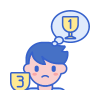 Understanding the needs and expectations of interested parties
Understanding the needs and expectations of interested parties.png) Focus on learners and other beneficiaries
Focus on learners and other beneficiaries.png) Leadership and commitment
Leadership and commitment.png) Additional requirements for special needs education and early childhood education
Additional requirements for special needs education and early childhood education.png) Actions to address risks and opportunities
Actions to address risks and opportunities.png) Educational organization objectives and planning to achieve them
Educational organization objectives and planning to achieve them.png) Human Resources, facilities and Learning Resources
Human Resources, facilities and Learning Resources.png) Awareness and Communication Arrangements
Awareness and Communication Arrangements.png) Design and development of Curriculum and Assessment of learning
Design and development of Curriculum and Assessment of learning.png) Admission of learners
Admission of learners.png) Satisfaction of learners, other beneficiaries and staff
Satisfaction of learners, other beneficiaries and staff.png) Analysis, evaluation and continual improvement
Analysis, evaluation and continual improvement


